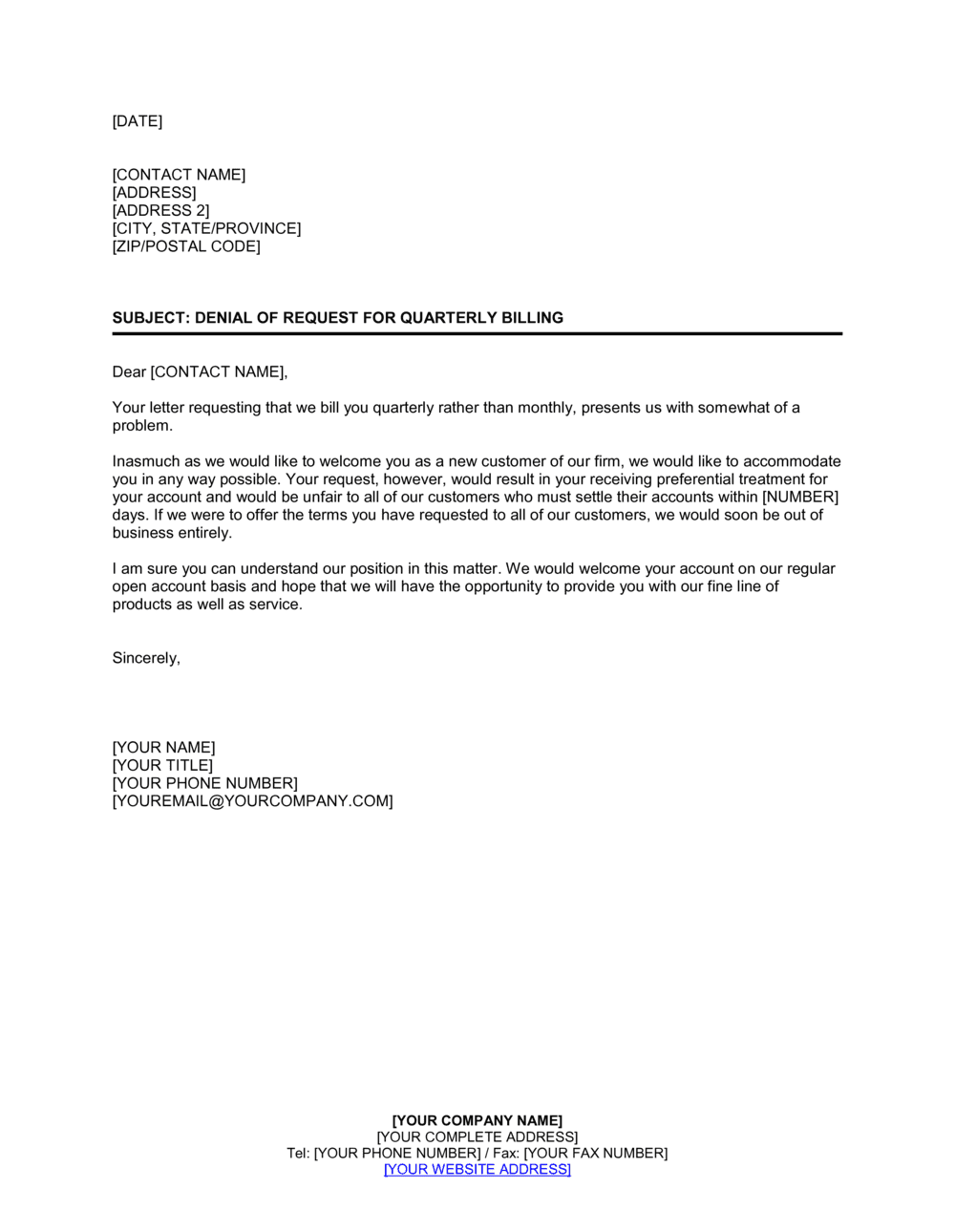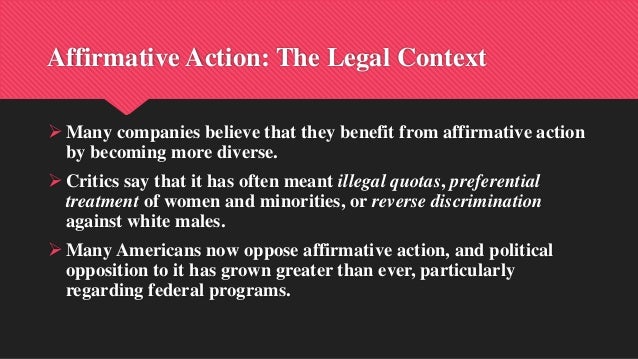
All platforms need to be transparent about their conditions of service, including terms applied in ranking (as per the P2B regulation), but only (very) large intermediaries are asked not to rank their own services or products more favourably than those offered by third parties. In practice, this implies that there is a two-layer regulation. The DMA builds upon the definitions of ‘ranking’ and ‘differentiated treatment’ in the Platform to Business (‘P2B’) regulation, by prohibiting such behaviour if engaged by gatekeeper platforms (while P2B only contained provisions on information sharing).

In 2017, the EC found such conduct to be abusive in the context of Google Shopping where it found that ‘Google positions and displays more favourably, in its general search results pages, its own comparison shopping service compared to competing comparison shopping services’.Ī similar concept has found its way into the EC’s Digital Markets Act (‘DMA’) in the form of a prohibition of engaging in ‘more favourable treatment in ranking services’.

There has been debate around the terms by which a large digital platform should treat its own offer relative to others’ offers, and to what extent preferential treatment for its own offers constitutes a concern.

Preferential treatment in ranking: what is it?


 0 kommentar(er)
0 kommentar(er)
